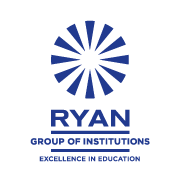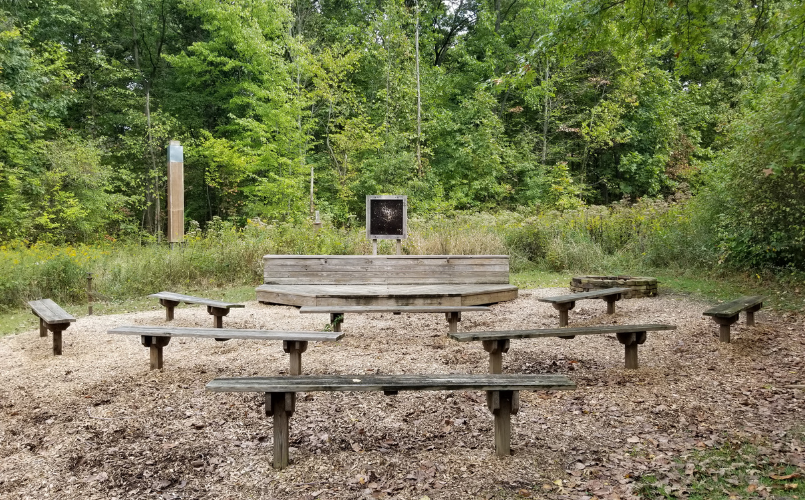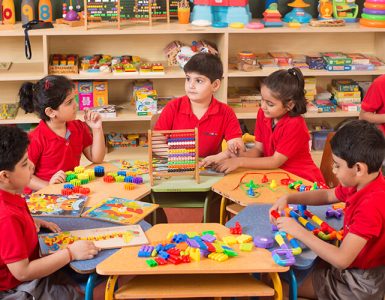One crucial aspect of learning is its ability to adapt to the changing needs of students. It goes beyond physical space; it fosters an open minded approach to education where knowledge flows freely and remains dynamic. In this context students are not recipients of information but actively engage in their learning journey.
The fundamental idea behind this model is to prepare students not only for exams but for life itself. It focuses on equipping them with the skills, knowledge and mindset required to navigate a complex world. In the following sections we will explore four advantages of open learning in progressive schools; readiness, for the future project based learning opportunities, virtual education experiences and sustainability initiatives.
Each of these components plays a role in shaping individuals who are well rounded, capable and socially responsible.
Developing Skills for the Future
Innovative Schools Preparing Students for Tomorrows Challenges
Innovative schools embracing the concept of open learning place significant importance on developing skills that will prepare students for the dynamic and ever changing challenges of the future. In a world where change’s constant being prepared for the future entails having the ability to adapt think critically and solve complex problems.
Open learning environments encourage students to be curious ask questions and think creatively. This is accomplished through a curriculum that goes beyond absorbing information but also focuses on applying it in real world scenarios. Skills such as thinking, creativity, communication and collaboration are not just buzzwords; they are essential, to the learning process.
One crucial aspect of fostering these skills is integrating technology into education. Innovative schools utilize tools not only to impart knowledge but also as a platform for students to experiment with ideas explore new concepts and express themselves. This includes using software programs, virtual laboratories, online collaborative projects and more.
The main objective is to create a learning environment that’s interactive captivating and most importantly relevant to the demands of the 21st century.
Furthermore open learning also entails being receptive to perspectives and ideas. It involves establishing a culture of inclusivity that celebrates and respects diversity. Students are encouraged to comprehend and value viewpoints fostering a global perspective and empathy.
Encouraging Project Based Learning
Hands On Learning for Enhanced Comprehension by Innovative schools
Project based learning (PBL) serves as a principle in the philosophy of open learning embraced by innovative educational institutions. This educational approach shifts the focus from lecture based instruction towards an interactive student centered learning experience. It revolves around students engaging in real world projects that’re personally meaningful thereby cultivating a deeper comprehension and heightened interest in their subjects of study.
In project based learning students are motivated to explore and investigate leading to an immersive and captivating educational journey. This approach proves effective in teaching intricate problem solving skills as it enables students to apply their knowledge and abilities in practical scenarios. It goes beyond finding the correct answer; instead it emphasizes exploring diverse solutions embracing failure as an opportunity, for growth and comprehending the process of reaching conclusions.
One of the benefits of project based learning (PBL) is its ability to bridge the gap between classroom education and real life situations. Forward thinking schools often partner with businesses, communities and organizations to create projects that not only educate students but also make a positive impact on society. These projects can range from environmental conservation initiatives to community service programs giving students a sense of purpose and responsibility beyond the confines of classrooms.
Moreover project based learning naturally fosters collaboration among students. By working in teams students develop communication skills learn how to share responsibilities and appreciate diverse perspectives. These collaborative skills are highly valued in todays world where teamwork and effective communication play crucial roles.
Enhancing Virtual Education
Expanding Horizons Through Virtual Classroom
Thirdly virtual education has become a part of innovative schools expanding horizons for students through online classrooms. Thanks to advancements classrooms are no longer limited by physical boundaries; instead they offer endless opportunities for learning regardless of ones geographical location. This shift not improves accessibility but also enriches the learning experience by incorporating a wide range of resources and perspectives.
Innovative schools approach education as more, than just online classes; it is a comprehensive strategy that utilizes various digital tools and platforms to create interactive and engaging learning environments.
This encompasses a range of experiences, such as virtual reality (VR) encounters, collaborative online projects, digital libraries and interactive simulations. These technologies bring an element to learning enabling students to delve into subjects in depth and explore them from various perspectives.
One of the advantages of virtual education lies in its flexibility. Students have the freedom to learn at their pace revisit complex topics when needed and access a plethora of resources at any time and from anywhere. This personalized learning experience is particularly beneficial for accommodating learning styles and individual needs ensuring that education is inclusive and adaptable.
Furthermore virtual education expands the horizons of learning by connecting students with experts, mentors and peers across the globe. This global network not enriches academic knowledge but also fosters cultural exchange and promotes global awareness. Students gain exposure to cultures, ideas and perspectives which prepares them to be global citizens.
Embracing Sustainability in Education
Promoting Practices for a Greener Future
Forward thinking schools that embrace open learning principles are increasingly prioritizing sustainability in education. This approach goes beyond conservation; it encompasses a holistic understanding of sustainability within economic, social and ecological contexts. By integrating sustainability into their curriculum and fostering a culture of sustainability awareness throughout their institutions these schools aim to educate students, about issues while empowering them to become agents of change in creating a more sustainable future.
Teaching students about sustainability in education involves educating them on how their choices impact the environment and society. Lessons cover topics such as energy, waste reduction, biodiversity and sustainable development. However it’s more than theoretical knowledge. Many thinking schools involve students in practical projects like maintaining school gardens organizing recycling programs and engaging in community outreach activities that promote sustainable practices.
These activities serve not an educational purpose but also instill a sense of responsibility and stewardship in students. They learn to value and protect their surroundings while understanding the importance of conserving resources and the power they hold to bring about change. This mindset is crucial for generations as they face the challenges posed by climate change and environmental degradation.
Furthermore sustainability education nurtures critical thinking. Problem solving abilities among students. They learn to analyze issues from various perspectives and come up with innovative solutions. Such an approach equips them not as individuals but also as responsible members of society to cope with future challenges.
To sum up embracing sustainability, within education is an aspect of progressive schooling that promotes caring for the environment imparts valuable life skills and prepares students to be conscientious citizens who take responsibility for their actions.
As we progress towards a future that prioritizes sustainability, the importance of education, in influencing and guiding this path becomes more and more crucial.




